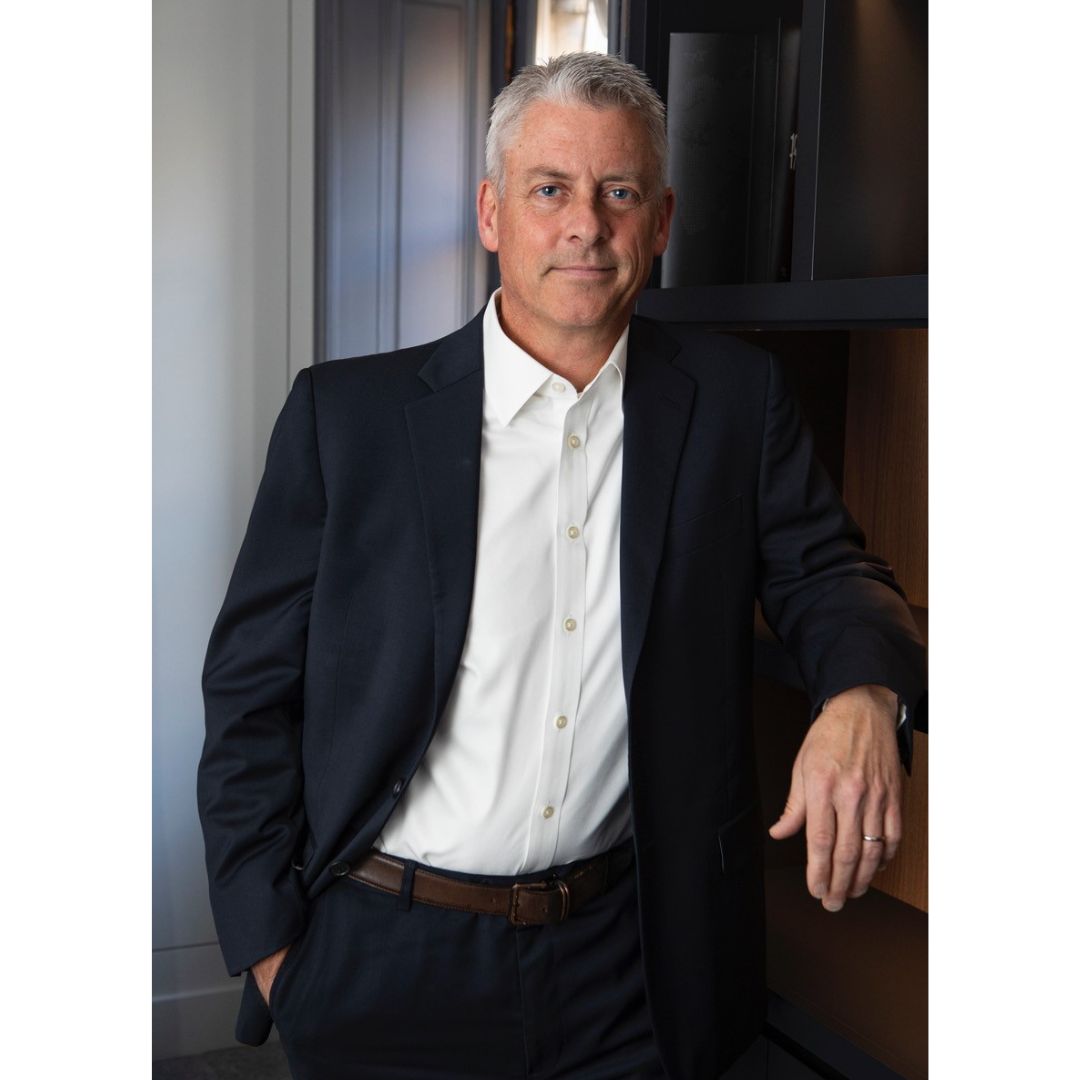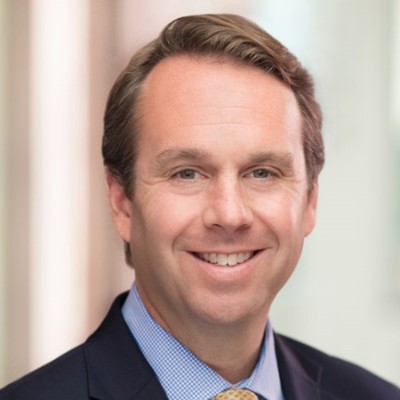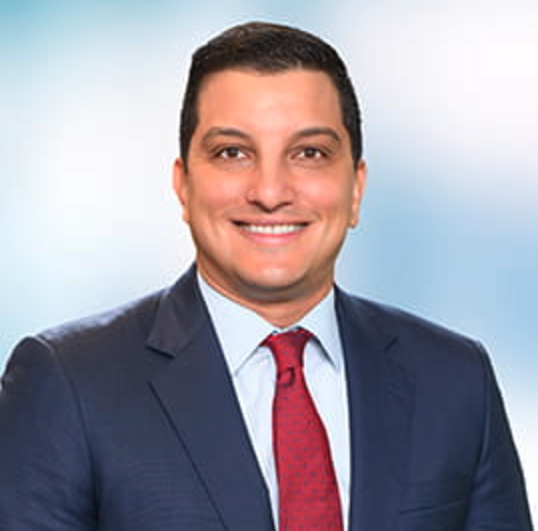Jeff Seeley, CEO of iM Global Partner’s American business and Deputy CEO of the global company, recently visited Miami for an event showcasing six of the ten asset managers they work with. Attendees included selectors, advisors, and bankers from both the U.S. domestic and US Offshore businesses. Such an event, uncommon in Florida, might become a regular occurrence in the future.
In an interview with Funds Society, Seeley explained the rationale behind integrating the domestic and offshore sales structures of the firm in the United States. Joining the conversation were Alberto Martínez, Head of Iberia, Latam, and Offshore at iM GP, and Jeff Royal.
Last year, Seeley, Martínez, and Luis Solórzano—who leads offshore and Latin America efforts from Miami and reports to Martínez—met at an internal firm meeting to discuss clients and trends. They realized that Solórzano and Jeff Royal’s domestic sales team often presented the same strategy to the same client twice, highlighting inefficiencies. This observation led to the decision to unify both teams under one division. Now, each client has a single point of contact who can present a strategy with a fully agnostic product wrapper approach, whether it’s a 40 Act fund, a UCITS fund, an ETF, or, in the future, a UCITS ETF.
Over the past 15 years, the US Offshore advisory industry has evolved significantly. One notable shift is the increasing presence of family members from Latin American households who now reside in the U.S. for tax purposes. Additionally, following the pandemic, many entrepreneurs and professionals from states like California, Connecticut, and New York relocated to Florida, drawn by its superior quality of life and tax benefits. These individuals, as U.S. tax residents, often purchase 40 Act products.
As Miami Mayor Francis Suarez remarked, “When I attend meetings with mayors from around the world, everyone asks about two cities: Miami and Dubai. Even the mayor of Dubai asks about Miami.” Florida, once considered merely a vacation or retirement destination, is now recognized as a hub for both international savers and new domestic wealth, reshaping the financial advisory landscape.

“We can provide a centralized service and a single point of contact to advisors with both offshore and domestic clients because we offer a multi-product range for most of our partners’ strategies,” said Jeff Seeley. “Few asset managers can offer the same strategy in 40 Act, UCITS, or ETF formats. It’s a huge advantage, especially for advisors at the largest broker-dealers,” he added.
Since the integration of the domestic and offshore sales teams in May, offshore product inflows have surged dramatically for strategies and managers already well-represented in domestic advisor portfolios. For example, the UCITS fund version of Richard Bernstein Advisors’ global equity strategy, launched by iM Global Partner in February 2024, benefited from this integration. With 14 years of history and nearly $3 billion in AUM domestically, domestic advisors with offshore clients were already familiar with the product and could now incorporate it into non-resident client portfolios.
Luis Solórzano, based in Miami, serves both domestic and US Offshore clients in Florida. Similarly, the domestic sales team member in New York handles both domestic and offshore clients there. “Breaking down silos is always efficient,” Seeley emphasized, identifying US Offshore—including Latin America—and the UK as markets with the highest growth potential for iM Global Partner over the next three to five years.
Founded in 2013, iM Global Partner focuses on partnering with asset managers—always as a minority stakeholder—to support their distribution efforts. The firm now represents ten managers, operates with a team of 108 professionals across 11 global offices, and manages approximately $45 billion in AUM. Their range includes 21 UCITS funds, six 40 Act funds, and six U.S.-listed ETFs, with plans to launch their first offshore ETF soon.
Some of their asset managers, like Polen or RBA, are U.S.-based, while others, such as Zadig Asset Management and Trinity Street, are European. Their Luxembourg operations team, inherited from the acquisition of Oyster (the UCITS wrapper used by iM Global Partner), is highly efficient, capable of creating a UCITS fund for a U.S.-based strategy in just two weeks. This operational flexibility is a hallmark of the firm.
For their U.S. business, iM Global Partner has fully integrated sales, marketing, and events teams, with only compliance functions kept separate, split between the U.S. and Luxembourg.
By 2025, the company plans to expand its Miami office—currently staffed by Alberto Martínez, Luis Solórzano, and Melissa Álvarez—and grow its offshore ETF range, which is expected to reach five products in the coming months. Additionally, the firm aims to further develop the iMGP DBi Managed Futures range, which already includes a UCITS fund. Notably, their U.S.-listed managed futures ETF, launched nearly five years ago, was the first of its kind in the market and has since become the largest in its category by AUM in the U.S. market.












